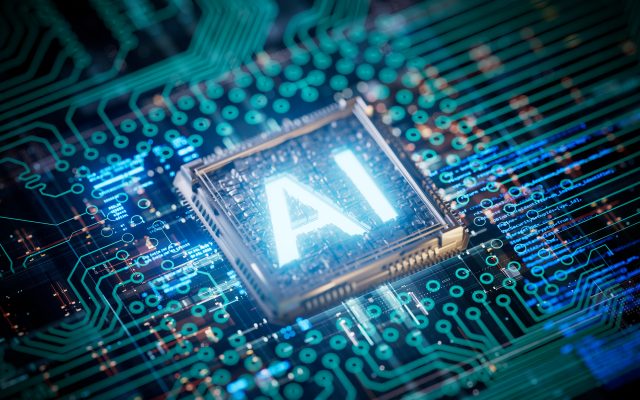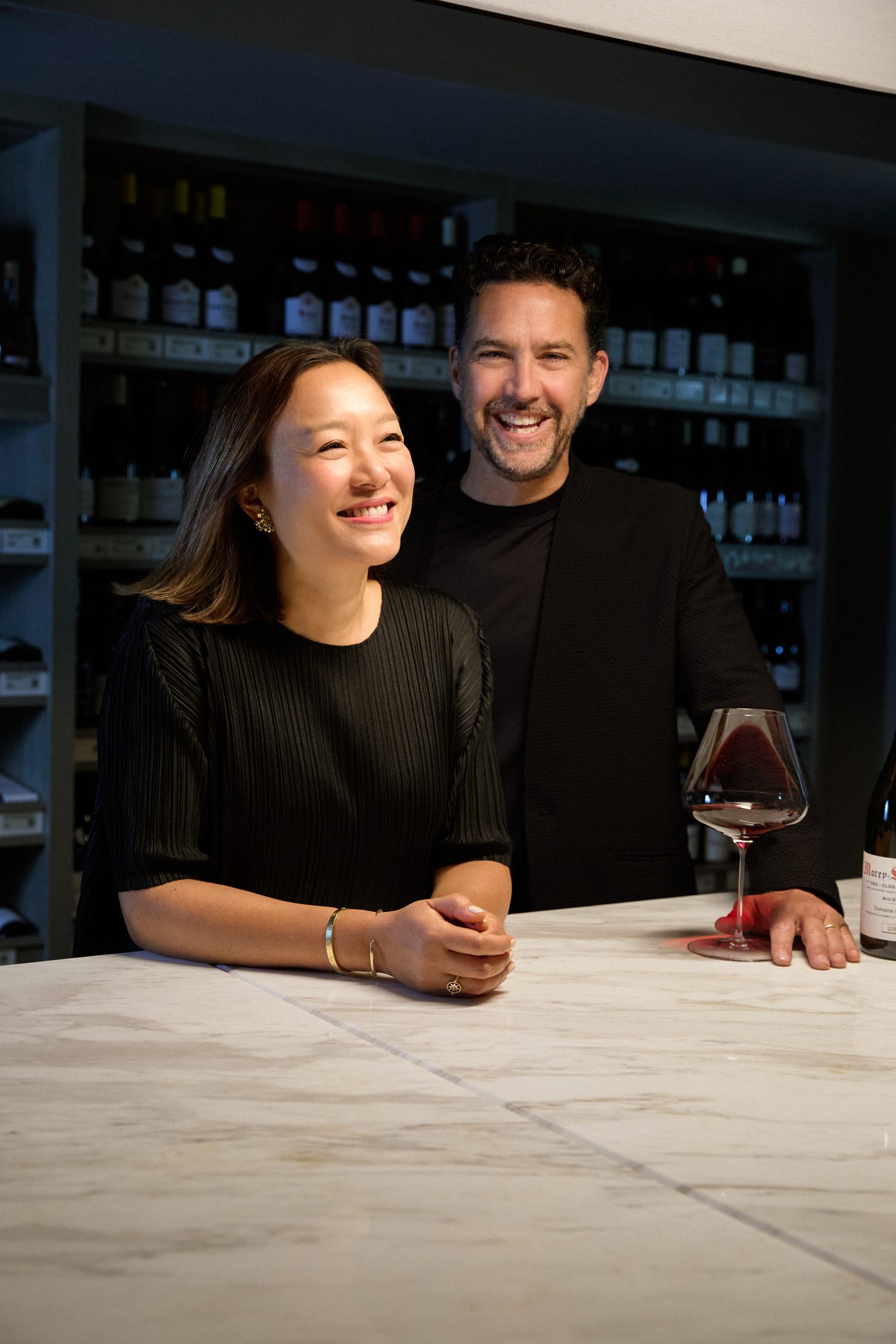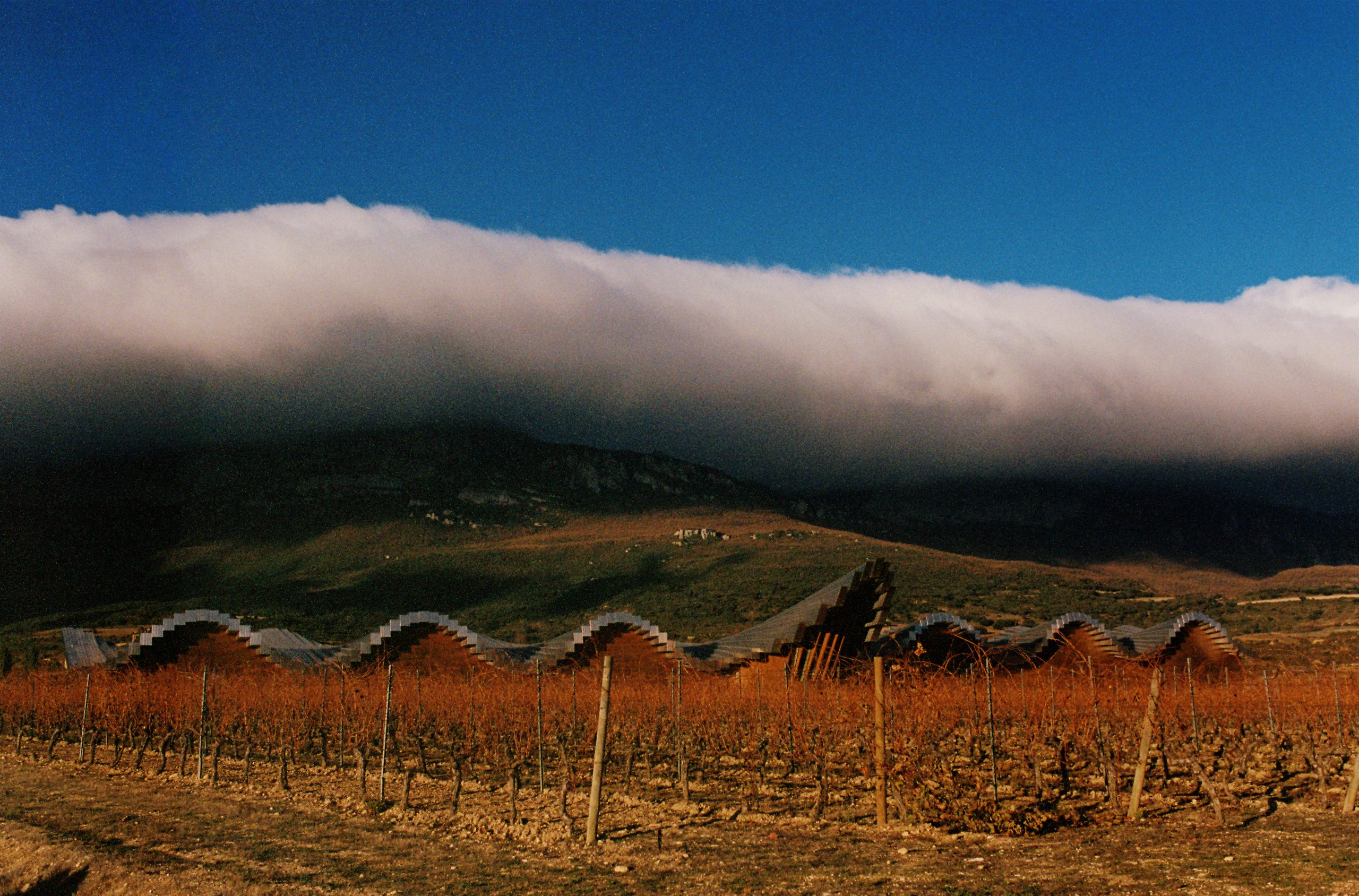Storytelling in wine will be ‘strongly supported’ by AI in the future
Developments in artificial intelligence (AI) continue to influence the wine trade in new and exciting ways. AI is expected to play a key role in supporting the “storytelling” of wine in the future, but caution should be exercised over its use to ‘taste’ wines in hopes of determining consumer preferences based on chemical composition, say experts taking part in ProWein’s first Business Talks Series on the digitalisation of wine.

The inaugural event in the new ProWein Business Talks series took place on 1 October, and featured three international experts; Daniel Freund, CEO of German wine importer and distributor Weinkontor Freund, Antonio Graça, head of R&D at Sogrape, Portugal, and Paul Mabray, a “visionary futurist” in the US wine industry. The discussion addressed the benefits of AI, particularly in online storytelling. But all three experts expressed caution over its use to ‘taste’ wines to determine its chemical composition and how it will be perceived by consumers.
“It’s impossible to account for all the different wines combined with all the externalities, whether it’s the food you are having, a bad day, a good day, the environmental smells, are you sick, not to mention the million bottles of wines that come out every year. It’s junk science to assume you can create a recommendation engine that lets someone accurately determine if a wine is going to be good or not. You can do some baseline estimates, genetically profile the best wines out there and make a wine that looks like that wine, but from a consumer recommendation tool, it’s pure junk science.”
Graça made the distinction between” deterministic” wine recommendations and “probabilistic” recommendations. “I think trying to get a preference for a wine from its chemical composition is nonsense because it’s not the chemical composition that makes you like a wine”, he says. “It’s your perception and emotions, and those have to do with your memories and your experiences and your moods. So you really cannot model that, but you can funnel the incredible amazing diversity of wines that are available to something that has a higher probability of matching the preference of the consumer.”
We are, he said, getting to the point where algorithms “know you better than you know yourself”, referencing the ability of YouTube Music or Spotify, for example, to accurately predict what music you may like. “You are not going to provide a wine that has a composition that makes it a hit, but you are going to provide a number of options that have a high probability of satisfying their tastes, and you can turn that into an app to advise the consumer.”
The fundamental difference is that music can be analysed and measured by an engine with very little risk if you don’t like its suggestions, added Mabray. “Delivery of wine is not zero risk. It costs money and time and energy.”
Partner Content
For Daniel Freund believes the most important shift in the digitalisation of wine will not be its ability to ‘taste’ wines, but its ability to enhance storytelling. “There’s always data and analytical challenges that try to categorise wine according to its chemical set up and they all fail in the end because it’s much more than having the pieces that go together to tell you if you like this product. There’s a lot of taste, but there’s a lot of story around it.”
In the future, storytelling in general “will strongly be supported by AI”, he says, influencing the way in which a wine’s ‘story’ is presented, making it more easily accessible to consumers searching for wines. “We are all used to searching for things online with a couple of keywords and we get lists,” he explains. “In the wine business we get hundreds of different wines that match what we are searching for. The one things that will change is we will engage in some kind of dialogue that will be able to synthesise little-by-little what it is we are looking for. This dialogue will be something new, looking at how to recommend and how to find the right wine. I think a wine that synthesises all the data, not the chemical data, but everything there is to know about the winery, that will be available in a dialogue that will be partly digital in the future.”
More widely, digitalisation is not about individual tools, but about a fundamental change in corporate culture, says Mabray. “To succeed, companies must be prepared to continuously experiment and learn from failures,” he said. Mabray highlighted that, in an industry traditionally averse to risk, the ability to accept failure is essential for digitalisation to thrive.
Freund also highlighted the pivotal role of people in digitalisation, despite the common narrative that AI will mean less need for human input. Graça too stressed that digitalisation and AI advancements must benefit all – customers, employees, owners and society – but that the wine industry will only see positive development if it is willing to adapt and develop with technology, rather than ignore or rail against it.
The ProWein Business Talks are a new series that will occur throughout the year, with a different panel of experts offering commentary on trends and developments in the wine and spirits trade.
You can watch the full recording of ProWein’s first Business Talks Series here.
Related news
ProWine Hong Kong will be a 'catalyst for recovery' in 2025




